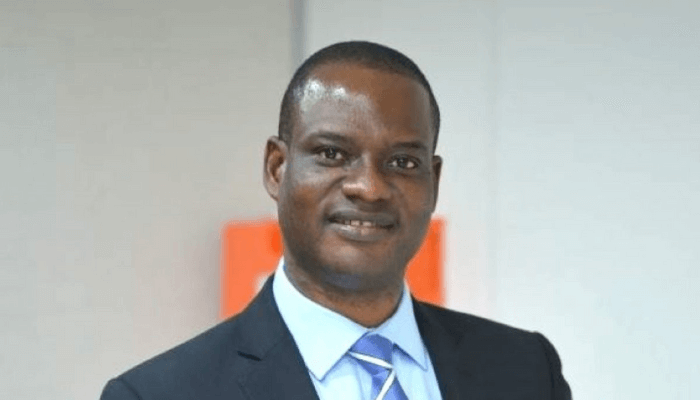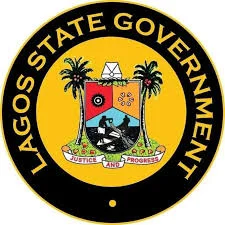Republican presidential candidate Donald Trump expressed his support for TikTok amidst looming threats of a potential ban if Chinese parent company ByteDance fails to divest its U.S. assets for the short video app.
In an interview with Bloomberg BusinessWeek posted Tuesday, Trump emphasized the importance of competition, stating, “I’m for TikTok because you need competition. If you don’t have TikTok, you have Facebook and Instagram.” This stance marks a shift from his previous characterization of TikTok as a threat to national security. Trump had also joined TikTok himself last month.
TikTok declined to comment on Trump’s remarks. As president, Trump had attempted to ban TikTok and the Chinese-owned WeChat in 2020, but these efforts were blocked by court rulings. In June 2021, President Joe Biden rescinded a series of executive orders from the Trump administration aimed at banning both apps.
Trump, who has been critical of Meta Platforms-owned Facebook and Instagram for suspending him in the aftermath of the January 6, 2021 Capitol Hill riot, affirmed in a June interview his opposition to a TikTok ban.
Notably, Trump holds a majority stake in Trump Media and Technology Group, which operates the rival network Truth Social. Despite Trump Media’s modest quarterly revenue of around $770,000—equivalent to the sales of two U.S. Starbucks shops—the company boasts a $7 billion market capitalization.
Legal challenges to a new law requiring ByteDance to divest TikTok’s U.S. assets by January 19, 2024, or face a ban, will be heard by a U.S. appeals court in September. The law, signed by President Biden on April 24, aims to sever Chinese ownership ties with TikTok on national security grounds, without mandating a blanket ban.
The legislation was swiftly passed by Congress in April amid concerns among U.S. lawmakers about potential data security risks posed by TikTok, given its Chinese ownership.
The upcoming court proceedings before the U.S. Court of Appeals for the District of Columbia will be pivotal, intersecting with the final weeks of the 2024 presidential election, highlighting ongoing debates over national security, technology regulation, and international relations.










